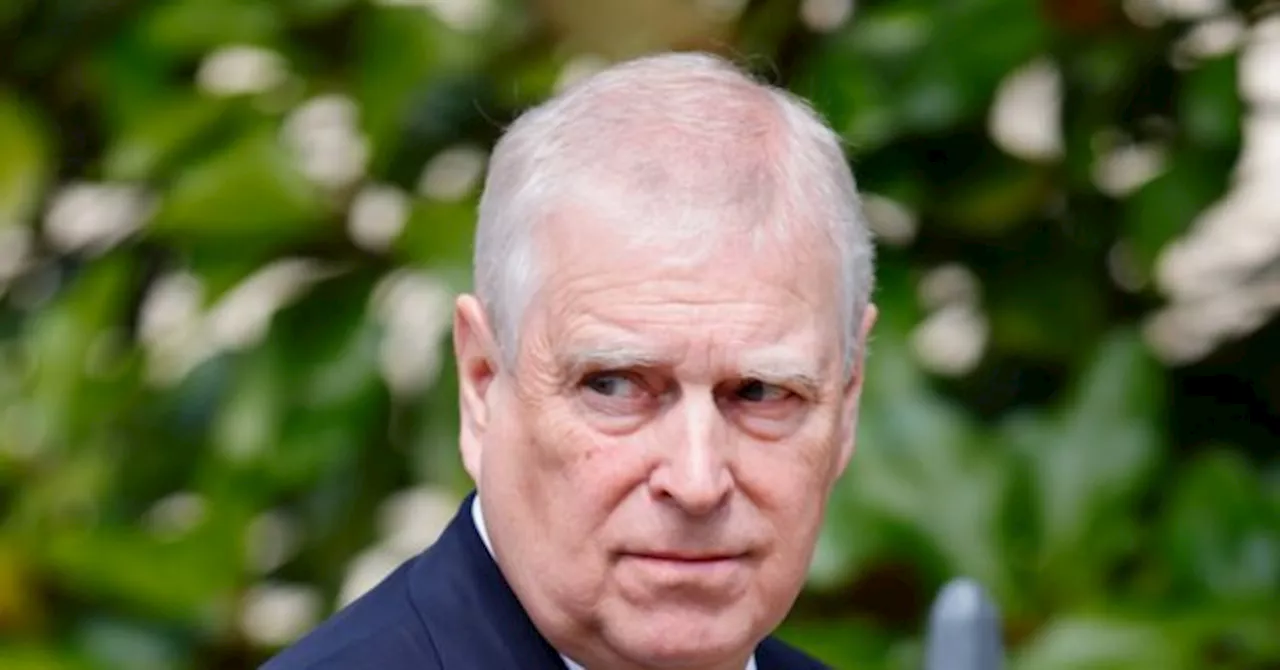Pressure is mounting on Prince Andrew to testify before a U.S. congressional committee investigating the crimes of Jeffrey Epstein. This intensification follows comments made by British Prime Minister Keir Starmer, who asserted that individuals with relevant information should cooperate with such inquiries.
During a press conference at the Group of 20 summit in Johannesburg, Starmer emphasized the importance of sharing information with authorities regarding sensitive investigations. While he did not directly address Prince Andrew’s case, his remarks indicate a broader principle that individuals should come forward when they possess pertinent knowledge.
The House Oversight Committee has formally requested a “transcribed interview” with Prince Andrew regarding his past relationship with Epstein. So far, the former prince has not responded to this request. His reluctance to engage comes in the wake of his being stripped of royal titles and honors last month, as the royal family seeks to distance itself from the fallout of his association with Epstein.
The investigation into Epstein’s criminal activities, which include allegations of sex trafficking and abuse, is gaining momentum. Committee members are determined to explore all avenues of inquiry to seek justice for the victims. The bipartisan committee, which includes both Republican and Democratic representatives, is actively investigating Epstein’s network and those associated with him.
Representatives Robert Garcia of California and Suhas Subramanyam of Virginia, both Democrats, have criticized Prince Andrew for his failure to cooperate. In a statement issued on Friday, they asserted that Andrew “continues to hide” from crucial questions. They emphasized their commitment to pursuing the investigation, vowing to hold accountable anyone implicated in Epstein’s crimes, regardless of their social status or political connections.
The ongoing scrutiny of Prince Andrew is indicative of the international focus on Epstein’s activities and their lasting repercussions on various individuals and institutions. The committee’s inquiry is not limited to Andrew’s interactions with Epstein; it also aims to uncover any knowledge he may possess about other individuals or entities involved in Epstein’s illicit activities.
As the investigation progresses, the calls for Prince Andrew to provide testimony are becoming louder. The committee’s persistent efforts reflect a dedication to revealing the complete truth surrounding Epstein’s offenses. Furthermore, public interest in this matter underscores a growing demand for transparency and accountability, particularly concerning those in positions of power who have come under scrutiny.
Prince Andrew’s continued silence has only amplified public suspicion, further intensifying the pressure for him to share his insights. The significance of this issue transcends the former prince’s involvement, as it also highlights broader societal concerns about power dynamics, privilege, and the vulnerability of sexual abuse victims. The committee’s pursuit for accountability resonates with a strong commitment to ensuring justice for survivors of Epstein’s exploitation.
Starmer’s remarks and the ongoing investigation serve as a reminder of the importance of accountability, regardless of an individual’s status. The efforts to compel Prince Andrew to testify reflect a broader societal demand for justice and transparency in cases of sexual abuse and exploitation. The developments in this case are being closely monitored, as the public and media anticipate further revelations and a quest for justice for Epstein’s victims.
